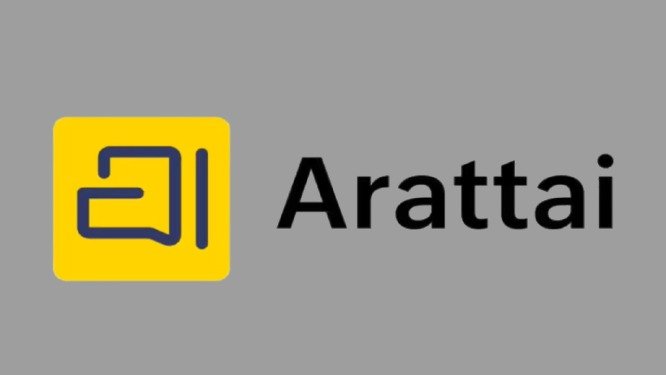
Sridhar Vembu, co-founder of Zoho, is leading Arattai’s rise as India’s homegrown alternative to WhatsApp.
In a world dominated by global tech giants, India’s Zoho Corporation has quietly ignited a homegrown messaging revolution with its app, Arattai. Launched in January 2021, the platform began as a modest alternative to WhatsApp but is now riding a wave of explosive growth. Over the past few weeks, Arattai has seen sign-ups jump from just a few thousand daily to more than 350,000 a day — a staggering 100× surge in traffic.
At the center of this rise is Sridhar Vembu, the visionary co-founder and CEO of Zoho. Known for building Zoho into one of India’s most respected global software companies, Vembu now has his sights set on redefining digital communication through Arattai. Marketed as “simple, secure, and Indian-made,” the app represents more than just another messaging service; it embodies the growing call for self-reliance in technology.
Arattai offers users the essentials — text and voice messaging, media sharing, and both voice and video calls. It also supports groups, channels, and a multi-device sync feature that allows up to five devices to stay connected at once. Calls on Arattai are end-to-end encrypted, ensuring privacy, while Zoho is actively working to extend the same level of security to text messages.
The app’s sudden leap in popularity can be credited not just to its feature set but also to a larger national mood. Indian government leaders, including Union Education Minister Dharmendra Pradhan, have publicly backed Arattai, positioning it as a secure, made-in-India alternative to foreign-owned platforms. Public enthusiasm for “Swadeshi tech” has only strengthened this momentum, propelling Arattai to the #1 spot on the iOS App Store’s Social Networking category in India.
Yet challenges remain. The app still needs to complete its rollout of end-to-end encryption for text messages. The rapid surge in users has placed enormous pressure on infrastructure, resulting in server strain and delays in features like OTP verification. Moreover, questions around data storage and security have sparked debates after users noticed a U.S. address listed on the Play Store. Zoho has clarified that while the contact address is U.S.-based for compliance reasons, Arattai is engineered, maintained, and hosted in India, with user data stored locally.
Despite these hurdles, the rise of Arattai signals something significant: the world of digital messaging may no longer be confined to a few dominant global players. By offering a Made-in-India platform that puts privacy and local relevance at its core, Zoho has positioned Arattai as a credible challenger in the global messaging race. For users, this competition could mean better security, more choice, and messaging platforms that reflect their regional needs.







